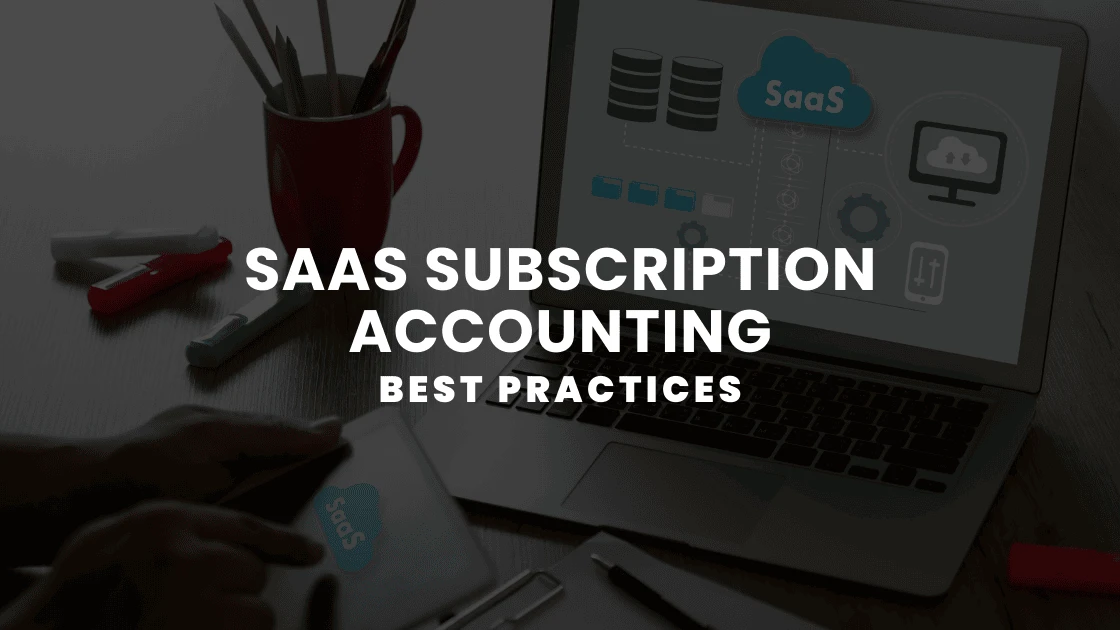June 30 2022 | By Farwah Jafri | 4 minutes Read

As the business expands, it gets tougher to manage day-to-day finances while ensuring forward motion. Without a cash management strategy, a startup heads into trouble sooner or later. With that, it’s time to explore ten things you must know about cash management strategies.
Late payments are detrimental to your business, hurt the bottom line, and make cash management difficult. If you are receiving late payments often, it is a must to identify the cause for the delay. Some startup owners face this issue more than others. Thus, it is best to double-check invoices, always give a specific date, and send friendly reminders before the deadline to minimize delays.
The best cash management strategy is to cut operating expenses down to a minimum. Regardless of the business type, industry, or niche, we can all curtail operating expenses. The best way to do so is to outsource and use virtual resources to run your business efficiently and cost-effectively. Outsourcing services to virtual experts help you cut spending and bring costs relating to employee benefits and insurance down to zero.
Unused equipment takes up shelf space and provides zero returns. As a rule of thumb, it is best to sell equipment that has remained on the shelf for over six months. Selling unused equipment gets you a little extra cash to invest in things that help you run your business better. Cash management is about being creative with your resources and equipment; use them smartly and sell them when they are no longer needed.
Requesting a milestone payment or initial deposit is not a sin. Through it, clients can secure your services while you enjoy a little boost in cash flow – it’s a win-win. The majority don’t mind giving an initial deposit as long as you deliver quality services or products on time. However, new clients are often a little hesitant. So, the best ploy is to request your loyal clients for an initial deposit and bend the rules for the new ones.
Starting a daily cash report is a surefire way to bring order to your finances. These simple reports help you track cash inflow and outflow to perfection. In addition, they give you a clear view of your financial activities, making it easy to segregate essentials and non-essentials. Business owners who use daily cash reports can better manage their finances by identifying patterns and changes that slip the cracks in monthly reports.
It shouldn’t come as a surprise that negotiations help you manage cash right. Many business owners miss the chance to negotiate. Even tiny changes in fees and small extensions in payment cycles help big time in managing business finances. If you work with a regular vendor, you should never hesitate and always negotiate, as tiny changes make a big difference in the long term.
There’s nothing wrong with having emergency funds and saving money for a rainy day. Businesses that have emergency cash reserves can ride economic downturns better than others. As it goes, the reason behind creating a solid cash management strategy is to have money saved for bad days. Every business must have emergency funds for at least 3-6 months.
The majority think profit is key to entrepreneurial success. In reality, the ability to manage cash flow makes or breaks your odds of success. Businesses that invest all their energy in increasing profits face failure. To make your venture a success, you need to put cash flow over profit. Focus on streamlining your cash flow management and keep a close eye on your finances. Some businesses make handsome profits yet stay financially unstable because they don’t manage cash flow right.
Invoicing financing is one of the best ways to increase cash flow and get all-important financial stability. Selling invoices to a third-party company help businesses collect cash in advance. Through it, you can skip the average 45-60 days wait and get the money you need when you need it.
Cash management gets easy if you have more cash incoming and the best way to do so is by increasing your margins. However, that doesn’t imply losing a competitive edge by selling overpriced services or products. In contrast, you need to be creative and find ways to reduce your delivery and manufacturing costs to increase margins.
These strategies can help make a big difference and brings order to your finances. However, not every business can implement every strategy. For instance, everyone can’t increase margins. Yet still, there are some universal practices like getting deposits upfront, negotiating with vendors, and creating daily reports that help all businesses manage cash better.
Subscribe for business tips, tax updates, financial fundamentals and more.
MORE BLOGS

Running a SaaS business can look simple from the outside. Customers sign up, pay monthly or yearly, and keep using the product. Quite straightforward, right? Behind […]
Learn More →
Revenue is the heartbeat of any SaaS business. But how and when that revenue shows up on your books can change everything, from investor confidence to […]
Learn More →
If you’re a small business, we will absolutely get it if you say you’re having a hard time choosing a payment platform for your company. And […]
Learn More →